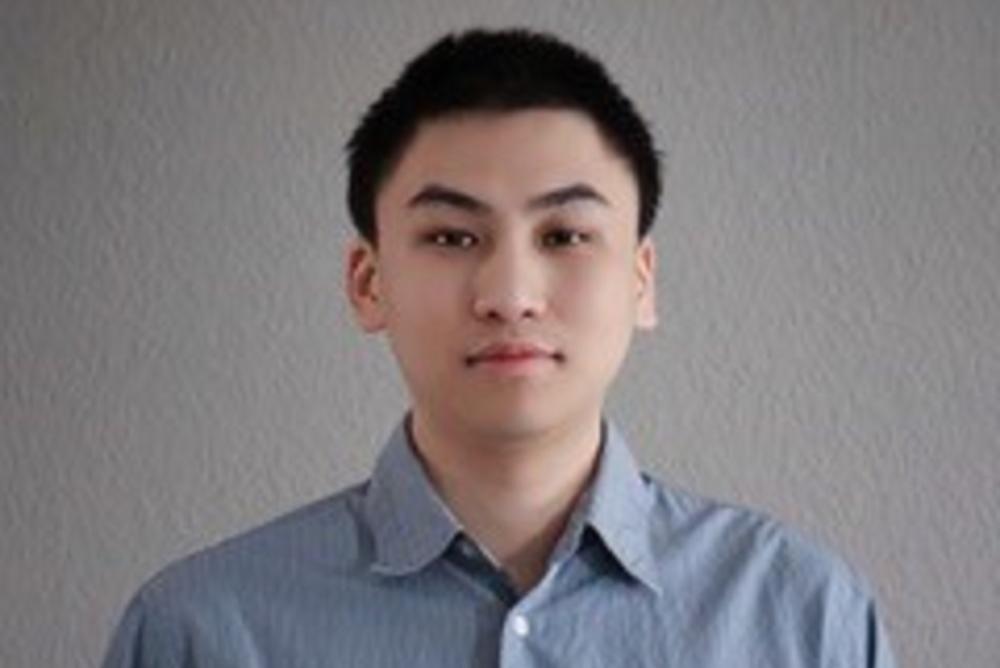W&M Featured Events
[PAST EVENT] Minglong Sun, Computer Science - Dissertation Proposal

Abstract:
In the field of ubiquitous computing, health-related problem analysis has gained increasing attention. Collaborations between domain doctors and computing researchers have been established to recognize and address health-related issues. However, accurate detection and recognition of health-related problems remain a major challenge that attracts extensive research efforts. Among all the research works, wearable sensors-based health-related problem recognition is promising as it is low cost, low power, and easy to carry. This dissertation focuses on utilizing wearable sensors to study health-related problems.
First, we introduce in this dissertation is TremorSense, a PD tremor detection system designed to classify Parkinson's Disease hand tremors. PD hand tremors are common symptoms in all stages of PD and have a severe influence on patients' daily quality of life. TremorSense utilizes accelerometers and gyroscopes as wearable sensors on patients' wrists to collect data from 30 PD patients. An 8-layer Convolutional Neural Network (CNN) was designed to classify PD rest, postural, and action tremors. The CNN model was evaluated with self-evaluation, cross-evaluation, and leave-one-out evaluation, with accuracies greater than 94% for all three evaluations.
The second project introduces a PD action tremor detection method to recognize PD tremors from regular activities. The method uses a dataset from 30 PD patients wearing accelerometers and gyroscope sensors on their wrists. Hand-crafted time-domain and frequency-domain features were selected and compared with existing CNN data-driven features. Multiple supervised machine learning models were trained, including Logistic Regression (LR), K-Nearest Neighbours (KNNs), Support Vector Machines (SVMs), and Convolutional Neural Networks (CNNs), for detecting PD action tremors. The performance of all models using the hand-crafted features achieved more than 90% F1 scores in five-fold cross-validations and 88% F1 scores in the leave-one-out evaluation. Specifically, SVMs performed the best in both evaluations with over 90\% F1 scores.
Next, we review the previous research on Freezing of Gait (FoG) computing, which refers to a sudden and short event in which a patient loses the ability to step forward, commonly experienced by advanced Parkinson's Disease patients. Falling is possible when FoG occurs, which has a severe influence on patients' quality of life. Wearable devices have been explored for detecting and predicting FoG and falls in PD, but a systematic survey is still lacking in this area. This project discusses a series of FoG challenges and future research trends, which will contribute to further research advancement.
Finally, automated food recognition has become an active research area with promising applications in healthcare and nutrition. Recent studies have shown the potential of using acoustic signals to classify different types of food and eating behaviors. In this dissertation proposal, we present a food recognition project that utilizes Apple AirPods as wearable sensors to capture the acoustic signals during eating. Our project aims to develop machine learning models that can accurately recognize and classify different types of food and eating behaviors based on the variations in the frequency domain features extracted from the acoustic signals. By collecting data that includes different eating behaviors, we can train our models to recognize and account for these variations in the Short-time Fourier Transform (STFT) patterns and improve the accuracy of our approach. Our proposed food recognition system can be used in various applications, including dietary monitoring and management, calorie intake tracking, and personalized nutritional guidance.
Bio:
Minglong Sun is a PhD Candidate in the Department of Computer Science at William & Mary. His Ph.D. advisor is Prof. Gang Zhou. His research focuses on solving health-related problems via wearable sensing leveraging machine learning and deep learning models. His Ph.D. research has appeared in CHASE 19, CHASE 21, CHASE 23, Ubicomp 21, Smart Health 15, Smart Health 18. Previously, he received his Bachelor’s Degree in Electrical Engineering and Business Management from Tianjin University, China in 2015.
